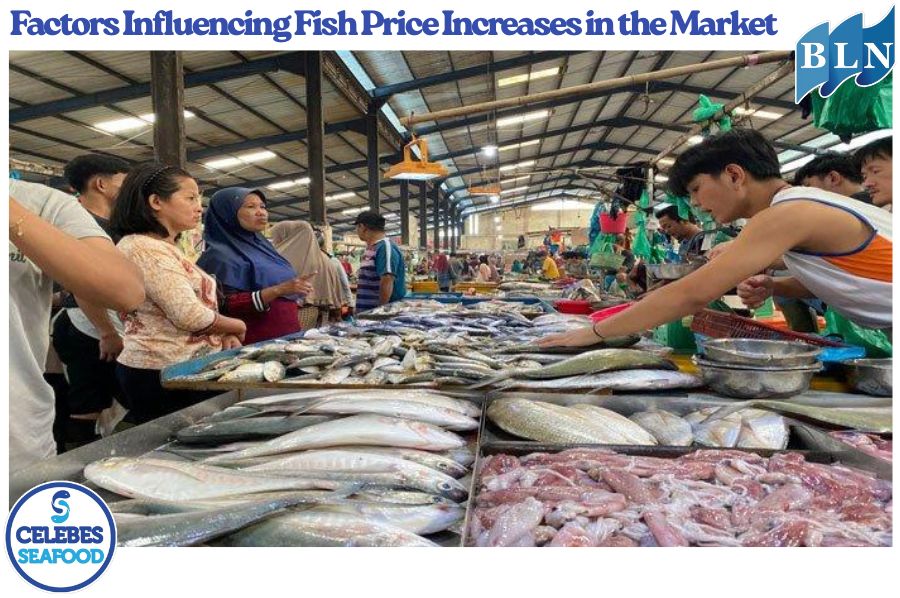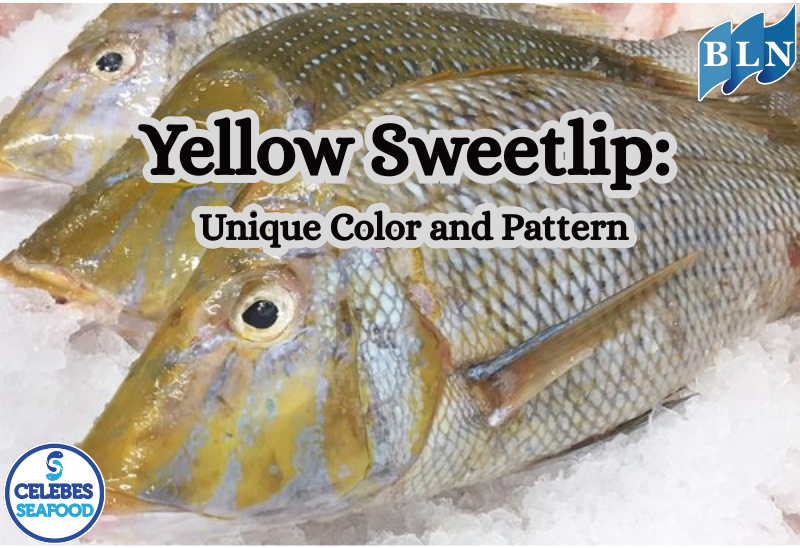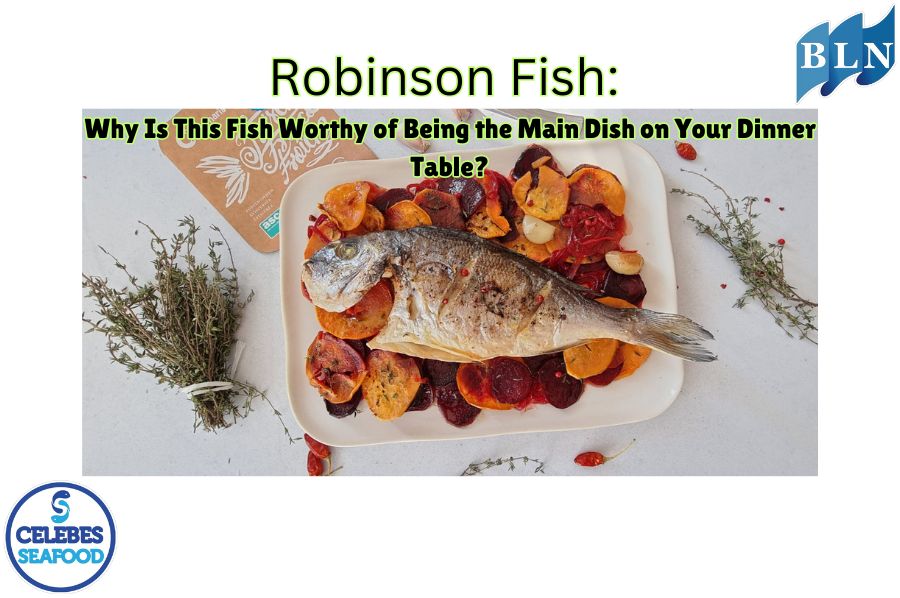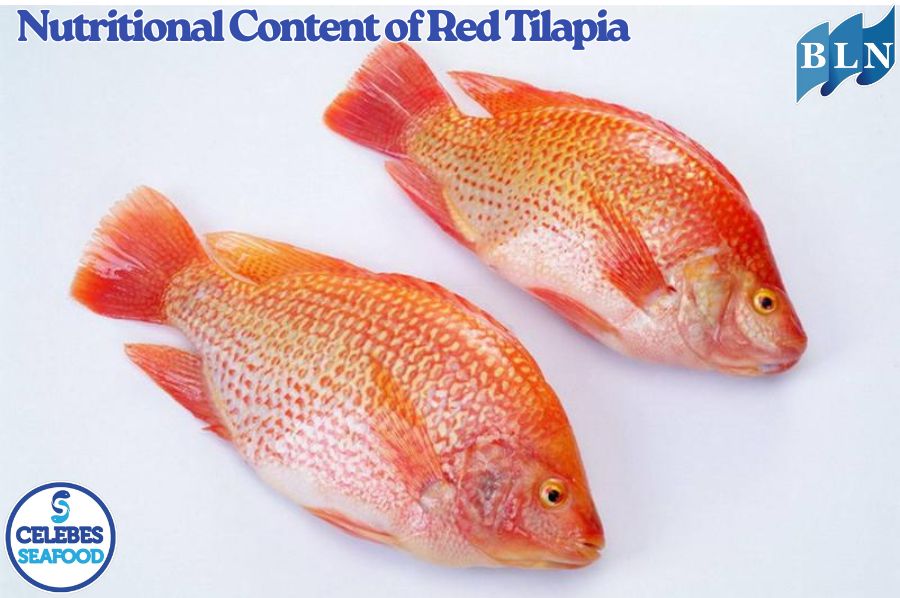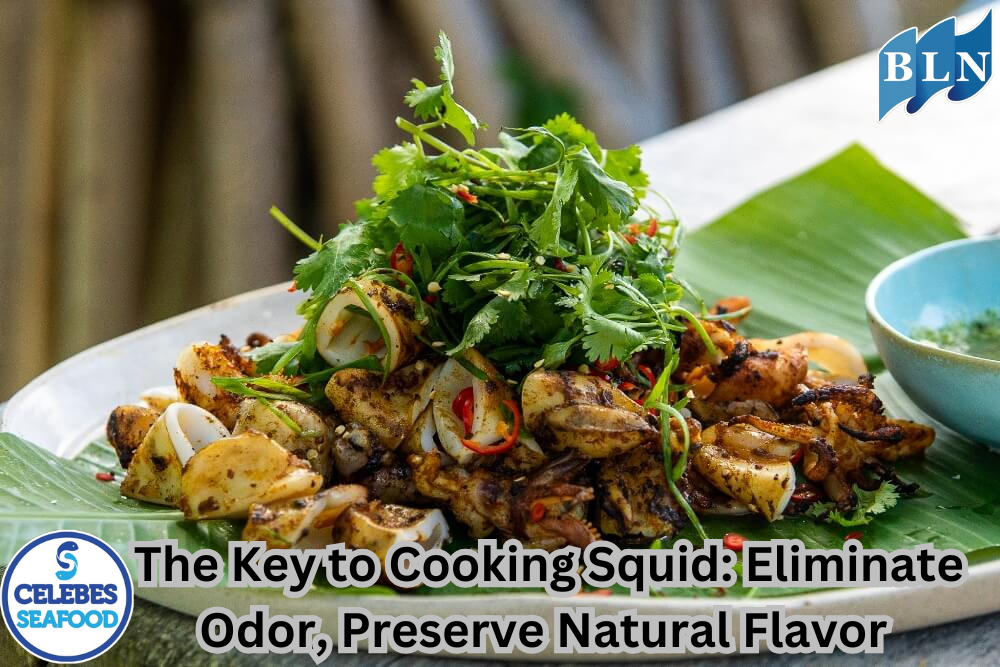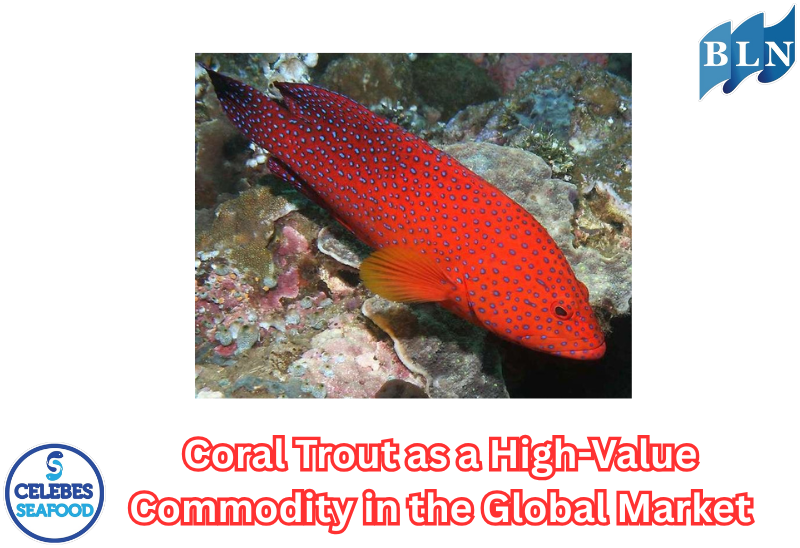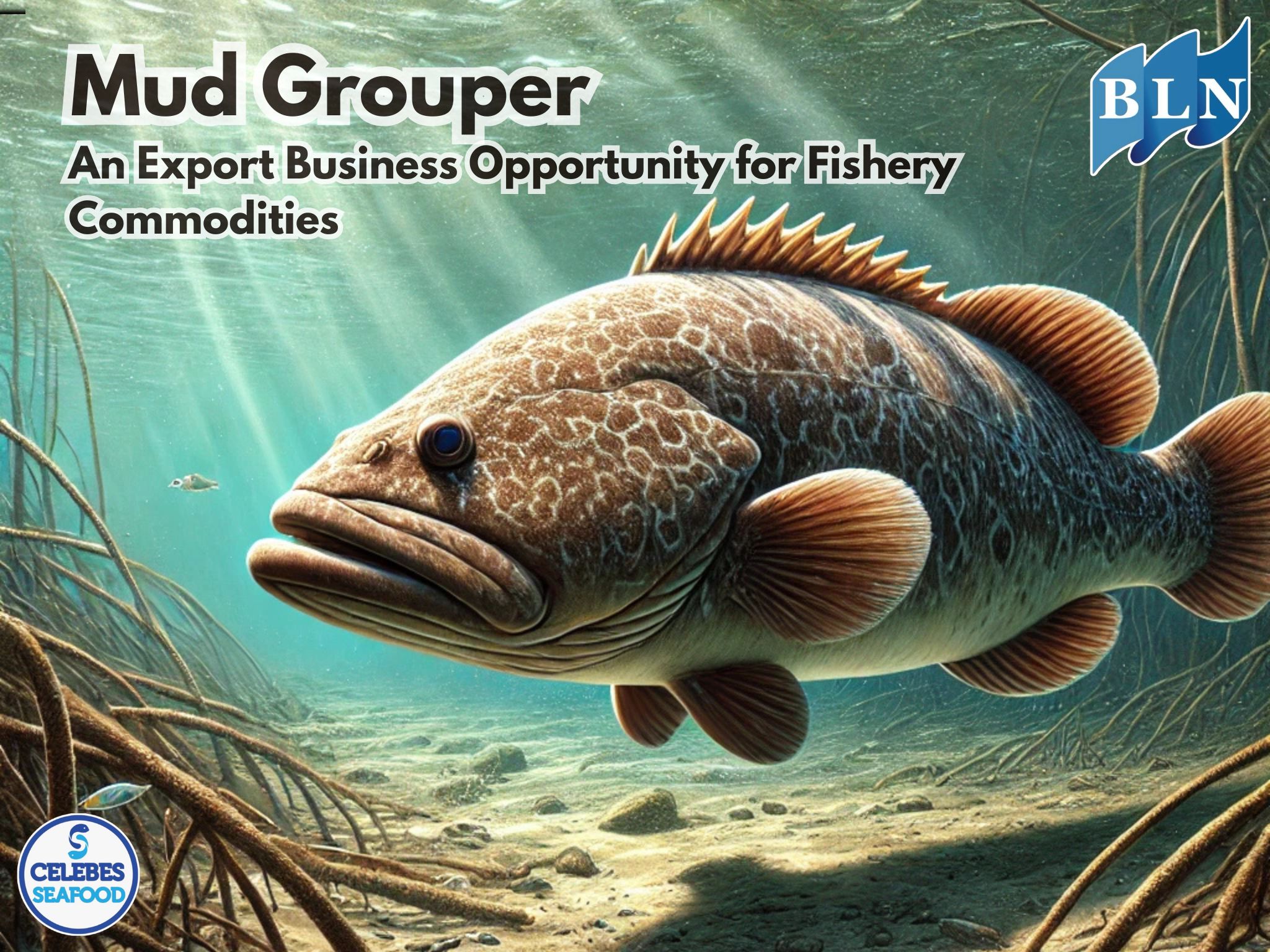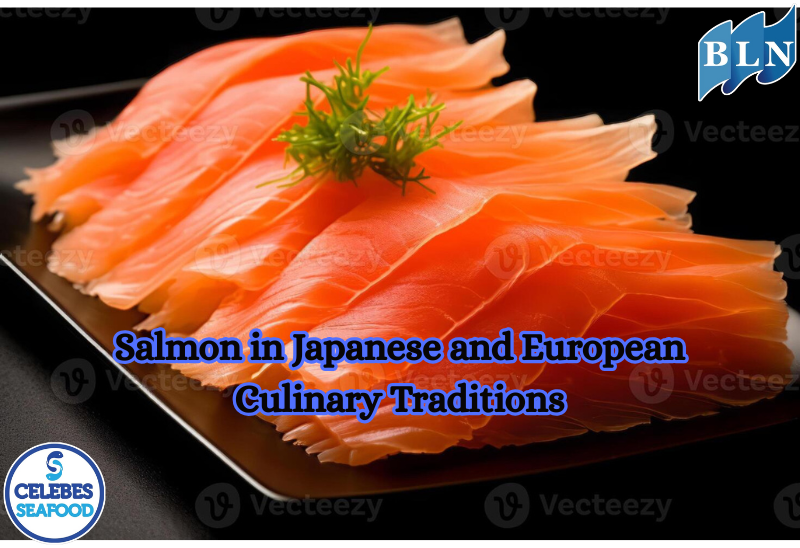Strategies of the Ministry of Marine Affairs and Fisheries (KKP) in Protecting Shrimp Commodities from Radioactive Contamination
By. Tri - 16 Sep 2025 in Protecting Shrimp Commodities from Radioactive Contamination.png)
lautnusantara.com_ Shrimp is one of Indonesia’s leading fishery commodities, playing a vital role in both export and national food security. Global demand for Indonesian shrimp continues to rise due to its recognized quality in international markets. However, amid growing environmental challenges and risks of contamination, one potential threat that must be anticipated is radioactive exposure. Although rare in significant natural concentrations in the ocean, radioactive substances can emerge from human activities such as nuclear reactor leaks, industrial waste disposal, or maritime accidents involving hazardous materials.
To ensure shrimp commodities remain safe for consumption and competitive in the global market, the Ministry of Marine Affairs and Fisheries (KKP) has developed specific strategies to protect shrimp from potential radioactive contamination.
1. Strengthening Quality Control Systems
KKP collaborates with national and international testing institutions to tighten quality monitoring of fishery products. Regular laboratory tests on shrimp samples are conducted to detect harmful substances, including radioactive elements. This system ensures that shrimp intended for both export and domestic markets are guaranteed safe.
2. Collaboration with Nuclear and Environmental Agencies
Mitigation efforts cannot be carried out alone. KKP works hand in hand with the National Nuclear Energy Agency (BATAN) and the Nuclear Energy Regulatory Agency (BAPETEN) to monitor radiation levels in strategic marine areas. This collaboration is crucial for early detection should abnormal radiation levels be found in Indonesian waters.
3. Education and Outreach for Fishers and Shrimp Farmers
Fishers and shrimp farmers are at the forefront of production. KKP regularly provides training and outreach programs on potential radioactive hazards, food safety procedures, and methods to maintain water quality in aquaculture ponds. These initiatives not only raise awareness but also strengthen market trust in Indonesian shrimp products.
4. Application of Environmental Monitoring Technology
To enhance early detection, KKP encourages the use of modern environmental monitoring technologies capable of measuring radiation levels in seawater. These sensors are installed in high-risk areas such as waters with intensive industrial activity or international shipping lanes.
5. Diplomacy and Compliance with International Export Standards
Key export markets such as Europe, Japan, and the United States enforce strict food safety standards. KKP actively engages in trade diplomacy to demonstrate Indonesia’s commitment to ensuring food safety and protecting its shrimp commodities from radioactive contamination. This effort helps Indonesian shrimp remain accepted in global markets without being hindered by international regulations.
KKP’s strategies in safeguarding shrimp commodities from radioactive contamination encompass quality control, inter-agency collaboration, education, technological innovation, and international diplomacy. These measures show that Indonesia is not only focused on increasing production but also on ensuring the safety and sustainability of its fishery products. With these strategies, Indonesian shrimp is expected to remain a flagship commodity that is safe, high-quality, and highly competitive in the global market.
If you are interested in our KING FISH STEAK, WAHOO NATURAL CUT FILLET SKIN ON, WAHOO QUARTER CUT FILLET SKIN ON please do not hesitate to contact us through email and/or whatsapp.
